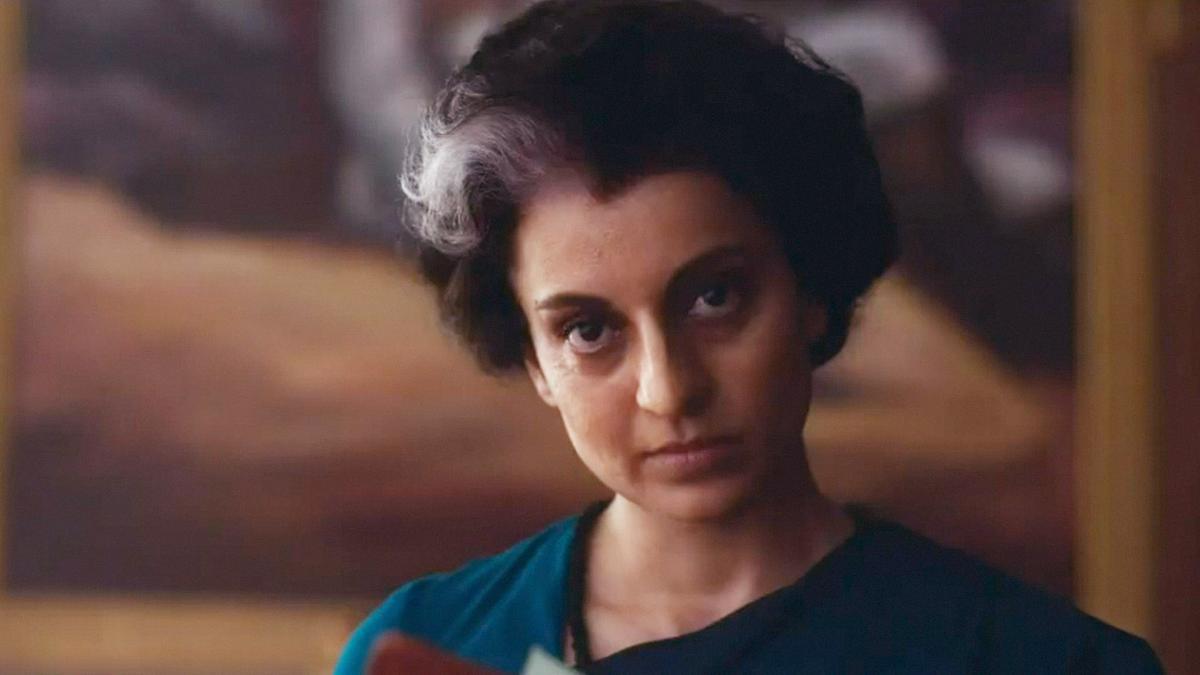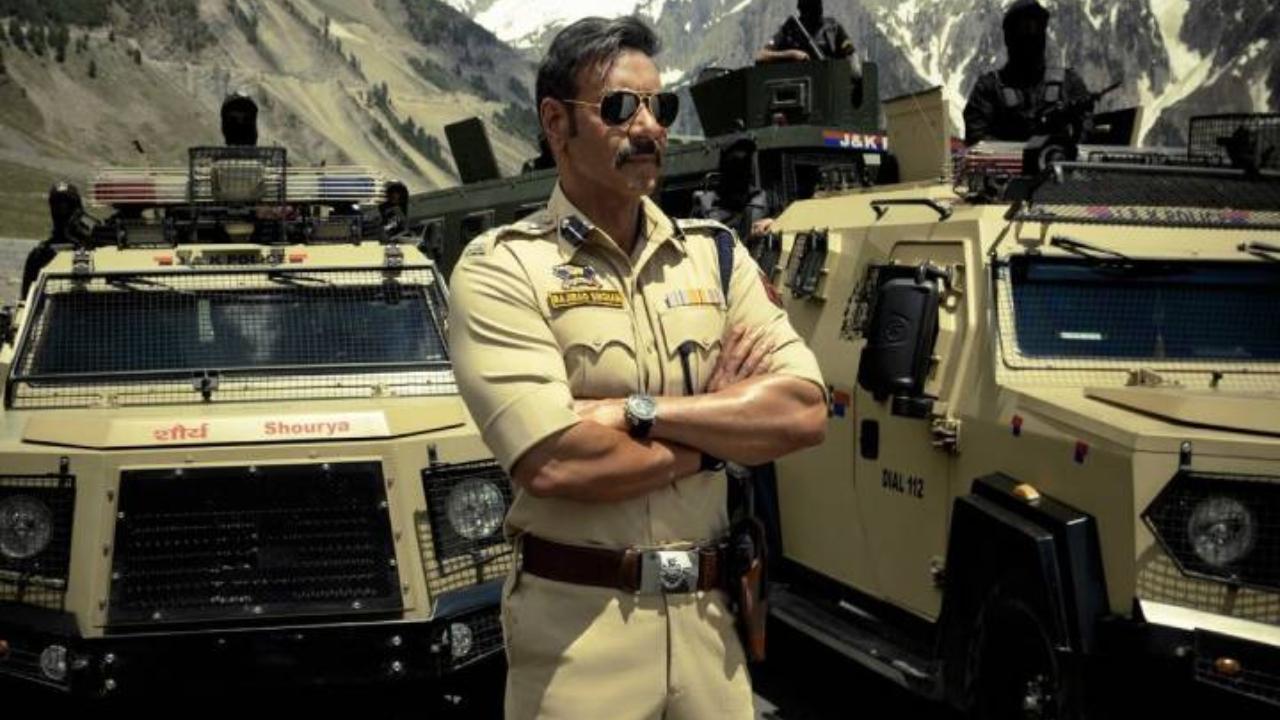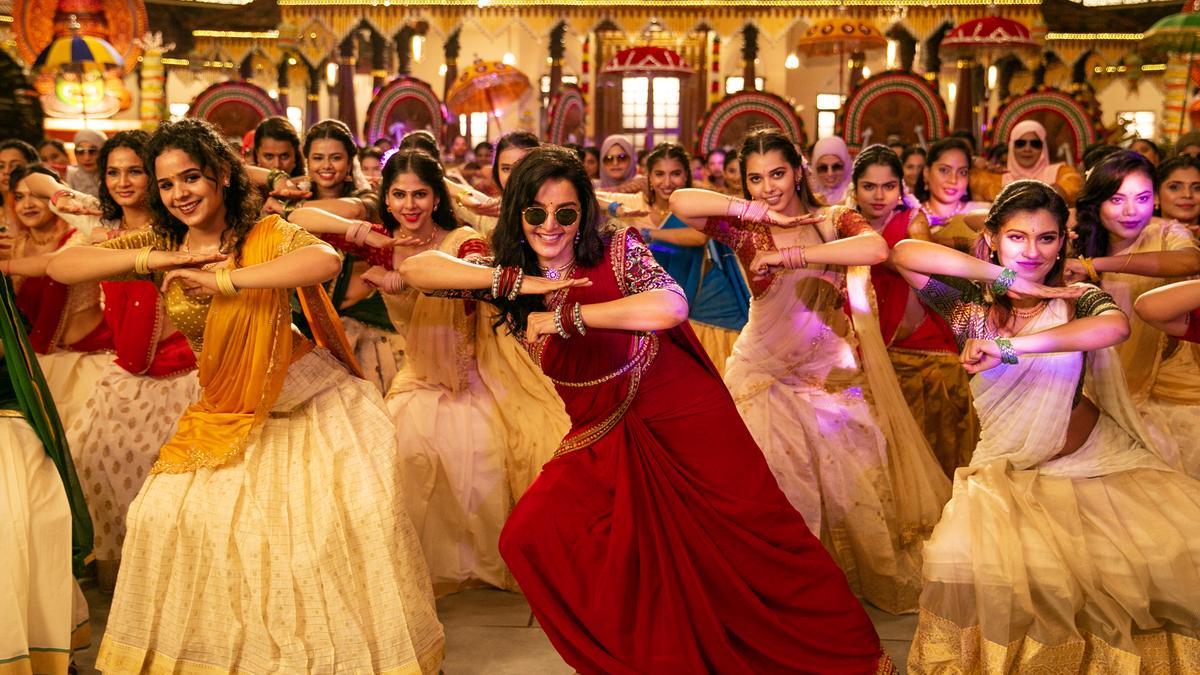
In an unfolding legal saga, Zee Entertainment Enterprises, co-producer of the much-anticipated film “Emergency,” starring and directed by the acclaimed Kangana Ranaut, shared its ongoing efforts to address certification issues in the Bombay High Court on Thursday, October 3, 2024. The high-stakes drama, originally set to hit theaters on September 6, remains embroiled in a complex tug of war with India’s Central Board of Film Certification (CBFC), commonly referred to as the censor board, which has delayed the film’s release due to the non-issuance of necessary certification.
This legal pursuit has garnered significant attention, with developments reaching a pivotal moment last week. The CBFC communicated to the Bombay High Court that the film could secure its release only if specific editorial changes, identified by the revising committee, were implemented. Representing Zee Entertainment, senior counsel Sharan Jagtiani provided insights to a Division Bench composed of Justices B.P. Colabawalla and Firdosh Pooniwalla, expressing the ongoing negotiation efforts between the CBFC and Kangana Ranaut’s production company, Manikarnika Films.
“We are actively engaged in resolving the issues with the CBFC,” affirmed Jagtiani, signaling a potential turning point in the film’s journey towards obtaining the elusive certificate. The Bench scheduled further hearings for Friday, giving the parties an opportunity to update the court on any progress made.
The film, a biographical account of former Prime Minister Indira Gandhi, encapsulated in Ranaut’s riveting portrayal, has been caught in the crosshairs of controversy from several Sikh organizations, notably including the Shiromani Akali Dal. These entities have raised objections, alleging the film distorts historical narratives and misrepresents their community.
Earlier in the week, hopeful signs emerged as the Bench was informed of Manikarnika Films’ agreement to the proposed editorial cuts suggested by the CBFC.
. Notwithstanding these developments, Zee Entertainment’s plea before the High Court underscored the need for a directive to the CBFC to expedite the certification process. The plea highlighted the irony that a certificate had been ostensibly prepared but remained inexplicably withheld.
Compounding the controversy, Kangana Ranaut levied accusations against the CBFC, alleging deliberate delays in certification as a tactic to obstruct the film’s release. Ranaut, donning multiple hats as director, co-producer, and lead actor, passionately argued that political motives might underlie the CBFC’s hesitancy. Speculation is rife among industry insiders that the withholding of the certificate might be politically motivated, possibly linked to the political dynamics surrounding upcoming elections in Haryana.
Adding a curious layer to the narrative, the Bench pondered why the ruling Bharatiya Janata Party (BJP) would apparently impede a project from one of its own members. Ranaut, besides her cinematic endeavors, holds a seat as a BJP Member of Parliament, complicating the political narrative further.
As the legal proceedings continue, the film world and the public are keenly watching how this standoff will unfold. The saga not only places the spotlight on the intersecting dynamics of politics and artistic freedom in India but also underscores the often contentious relationship between filmmakers and regulatory bodies. The film industry’s stakeholders are looking towards a resolution that respects both creative expression and regulatory frameworks, setting the stage for an intriguing conclusion to the unfolding drama surrounding “Emergency.”
In the broader context of Indian cinema, the “Emergency” saga reflects ongoing debates about censorship, historical representation, and the autonomy of creative expression. As Zee Entertainment and Manikarnika Films navigate these stormy waters, the eventual outcome will likely have reverberating implications for filmmakers and audiences alike, not just within India, but globally, as the world watches India’s cultural and political narratives interlace on and off the screen.










